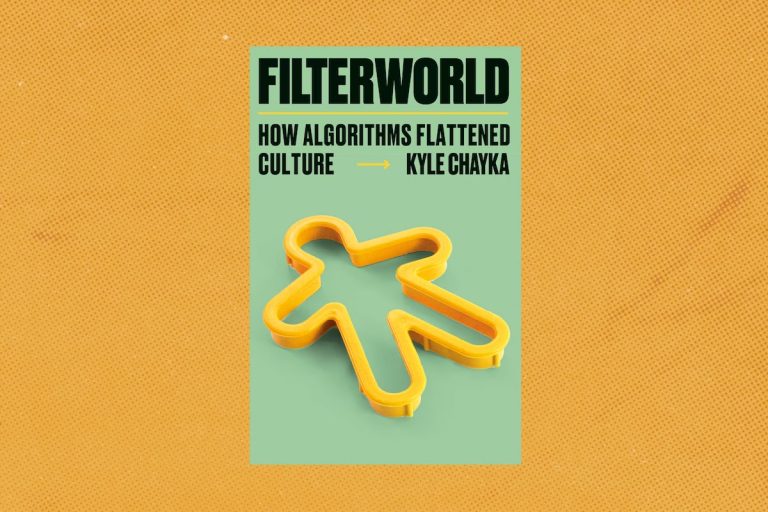“Democracy depends on it”: Carissa Véliz on privacy and ending data surveillance

In all of Véliz’s work, one is struck by a sense of moral urgency that combines a commitment to the seriousness of contemporary issues with a faith in the effectiveness of philosophy’s tools for understanding and navigating them. This moral urgency is something like the unstated first premise of her work. It is there in her conversation with Lowry Pressly too, although, as in the prose, it sometimes seems to vanish behind the clarity of her thought, the generosity of her attention, and her ready wit and irony.
It turns out that the people who designed the financial market of subprime mortgages were the same people who designed the real-time bidding market for personalized ads. Both markets suffer from many of the same mistakes and problematic elements. Among other problems, they are incredibly opaque markets. When people bought subprime mortgages, they didn’t realize what they were buying. They thought they were buying something else. In the same way, when people buy personalized ads, they think they are buying one thing, but actually the metrics are inflated at best. And at worst there is a high amount of click fraud because there are intermediaries who sell fake ads.
Say you are a publisher and an intermediary tells you, “We are going to show your ad in the New York Times, and people who are 20-to-22-year-olds are going to see it.” In the past, if you bought an ad in an important newspaper, you could just buy the newspaper yourself and verify whether the ad was there. You would know if the deal had been honored. But today, because ads are personalized, you, the publisher, are not a 22-year-old living in New York. So you are not going to get to see the ad, and many times that ad doesn’t even exist.



